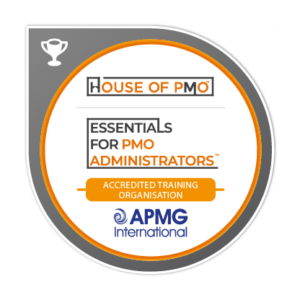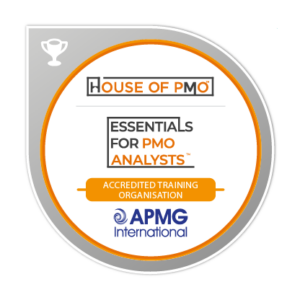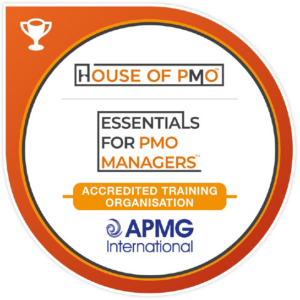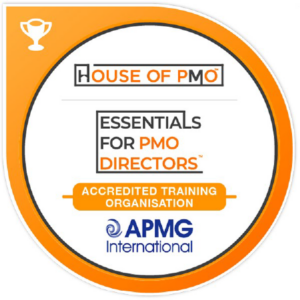
Are you autodidactic?
That’s the term you would use if you are like one of the many people who are self-taught.
If you prefer the option of self-study, through picking up a book, watching YouTube sessions, or utilising eLearning you’re one of those people who have picked up the self-learning strategies you need to stay motivated and disciplined.
At PMO Learning we often get asked about whether the PMO courses we have are available as self-study (we have just one, the P3O® Foundation).
The main driver for this option is cost – it is cheaper to learn without a trainer.
The question is – is self-study the right option for you? It’s not for everyone, so we take a look into what the self-study option is and what is needed in a self-directed learner in order to learn new things and of course, to pass an exam.
The Self-Study Option
With the self-study option, you do have that flexibility alongside a lower cost. It works for people who can’t take 3 days out to attend a course – without the need for a fixed time or location, learning opportunities open up.
The self-study option should never be about passing the exam at the lowest price, the journey is definitely more important than the destination in this case.
Any study should be about the learning – gaining new knowledge, insights and direction in how to apply this new knowledge post learning.
When we look closer at what makes a good self-learner here are some of the highlights:
- They have self-discipline – if you’re a known procrastinator perhaps it’s not a great option for you.
- They are motivated – they care about what they’re learning about and it drives them on.
- They tend to be more confident and have greater self-awareness – this stems from taking control of their learning, knowing what they need and where to find it.
- They take ownership of their learning plans.
- They take responsibility – it shifts from the trainer to the individual becoming self-directed.
- They are able to evaluate, monitor, reflect, be curious and willing in all aspects of learning.
- They have a lifelong learning mindset.
What do we mean by lifelong learning? At its basic, the definition is about any learning that takes place after the normal school years. Also at its basic is the ability to stay employable over a lifetime and if we’re also working in a knowledge economy that means our knowledge will continually need refreshing.
Research has shown that there is a link between self-learning skills and skills related to lifelong learning. People who develop good self-learning skills – such as “learning how to learn” by developing learning strategies – become more aware of their own learning needs and how to reach the knowledge they need.
The crucial part is this, they understand the nature of knowledge and how to use it, rather than just memorising it.
Which brings us back to the currently popular approach of wanting to take an exam, just for the sake of it and having something to add to a CV. Isn’t that just a wasted learning opportunity?
If you’re genuinely a great self-learner you can wear that autodidactic adjective proudly. But what if you’re not?
What’s the Alternative?
If you’re a learner that gets more out of being directed and facilitated in your learning, you still need that trainer taking the lead. Not only is the trainer guiding the learning, but they’re also bringing interactivity (learning by doing) and facilitating that valuable input almost fellow learners.
In PMO courses, the insights shared by other learners on the course are just as crucial as those that come from the trainer. There’s always been something about PMO practitioners, when you get them in a room together, from different organisations, they’re just fascinated to see how things get done in other places.
There’s also no getting away from the fact that some self-learning options are just, well, lonely. Some learning is great when you’re alone, but when there are often more questions raised than answers from learning materials, it can feel frustrating to not have that opportunity to speak up.
Finally, the great opportunity we have right now is the way that virtual classroom courses have sprung up, thanks to the pandemic, habits are starting to change. Virtual classroom courses are cheaper than the real classroom, it’s the happy middle ground that many are embracing.
Check out how we’ve made the evolution to the virtual classroom and get a taste of how it works:
We look forward to seeing you non-autodidactics soon in the classroom.
The P3O® courses on this page are offered by PMO Learning. P3O® is a [registered] trade mark of AXELOS Limited. P3O® is a registered trade mark of AXELOS Limited, used under permission of AXELOS Limited. The Swirl logo™ is a trade mark of AXELOS Limited, used under permission of AXELOS Limited. All rights reserved.
Enjoying Our Blog?
Sign up and receive all our articles (we’ll send you an update once a week!) plus special offers and events:












